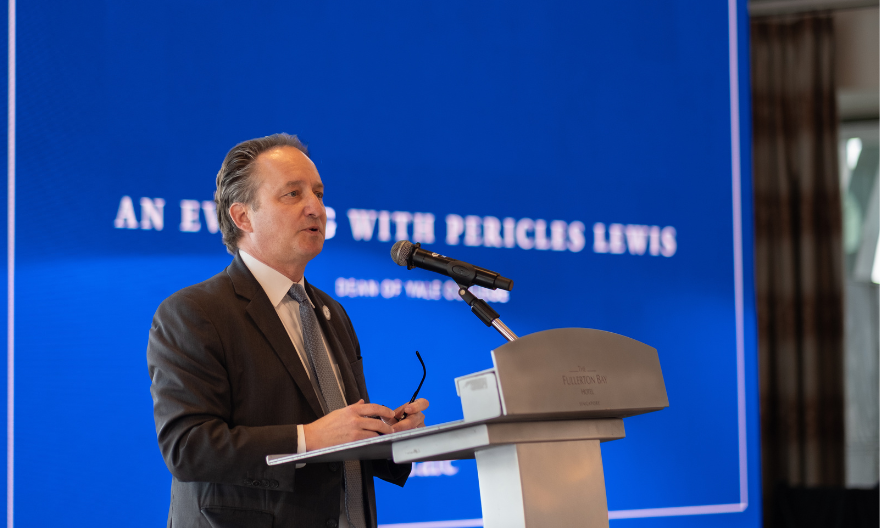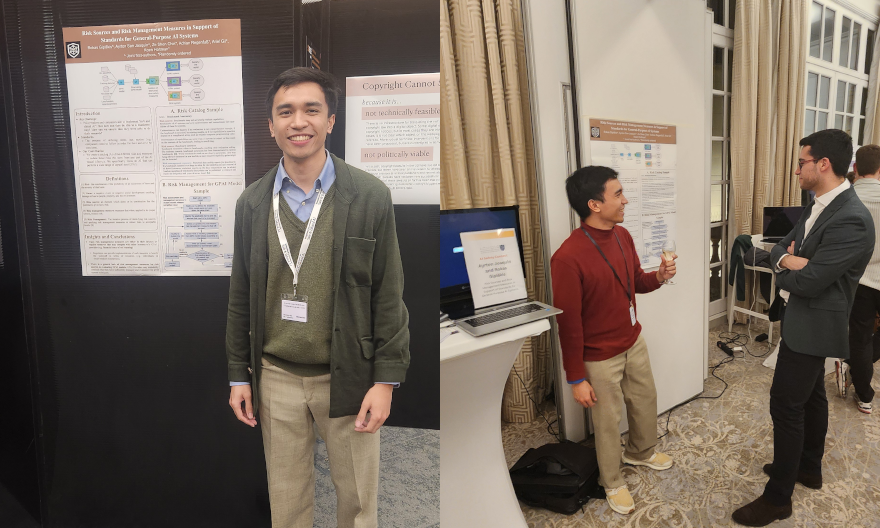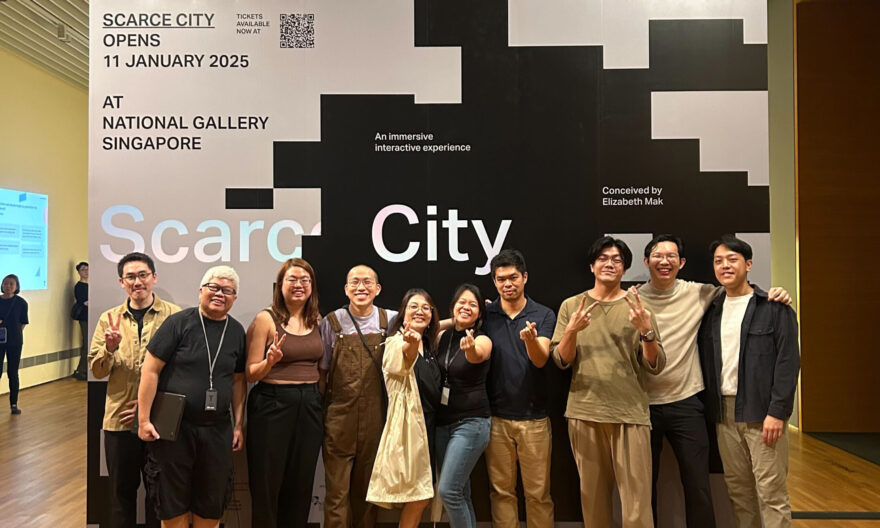Journeys of alumni writers at Yale-NUS
Ryan Kueh, Raeden Richardson, and Natalie Tan speak about their respective paths in the literary world, sharing the College’s impact on their success
Yale-NUS alumni Ryan Kueh (Class of 2023), Raeden Richardson, and Natalie Tan (Class of 2017) have each made their mark in the literary world, thanks to the mentorship and interdisciplinary education they received at Yale-NUS. We delve into their journeys, exploring how the College influenced their writing pathways.
The College’s multicultural and interdisciplinary curriculum shaped Raeden’s debut novel, The Degenerates, published in September by Australian-based firm Text Publishing. The polyphonic structure of his book, which follows four characters living seemingly disparate lives, was inspired by the diverse literary influences he encountered at Yale-NUS. Raeden added, “In class, we studied Javanese gamelan (traditional ensemble music made up predominantly of percussion instruments), read The Ramayana, then went to Yogyakarta to see a live Wayang Kulit (shadow puppetry) rendition of the ancient Indian epic. We brought our theory into the world. We tested what we thought we knew by engaging with the reality of the performance, the puppeteers, the interpretation.”
Raeden’s journey as a writer began with his childhood experiences and an early love for reading. As someone who found solace in books, he discovered that reading provided a refuge from his fears and anxieties. This passion for reading eventually evolved into a desire to write, allowing him to create his own safe spaces through storytelling.
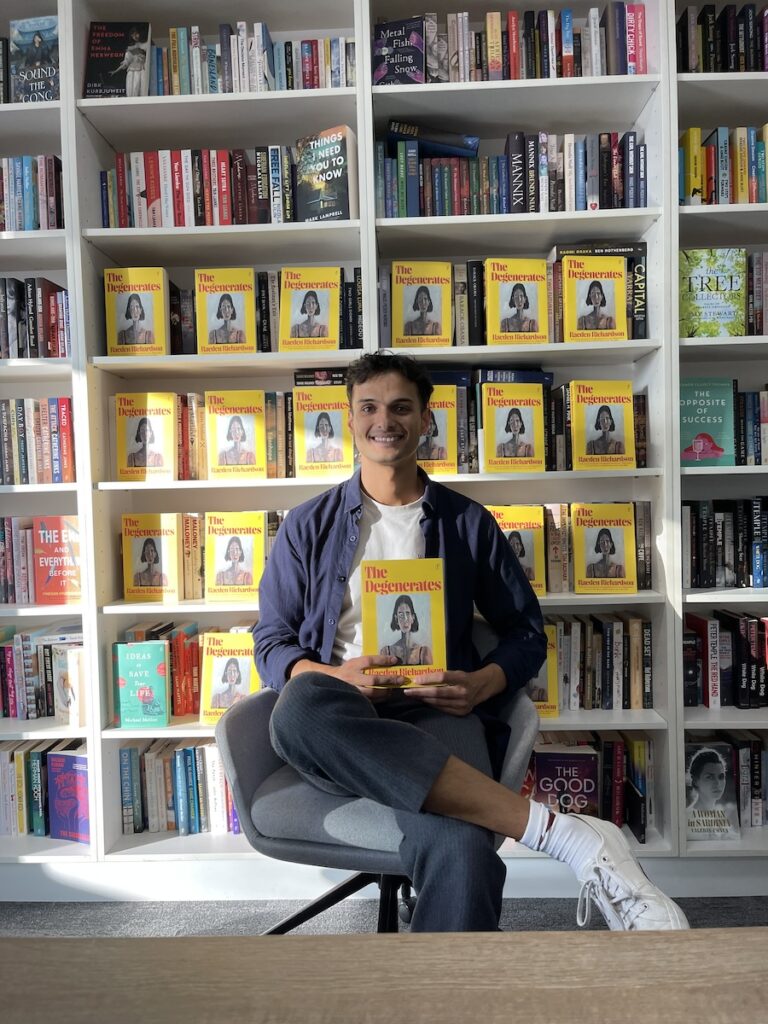
At Yale-NUS, Raeden found a supportive environment that significantly influenced his development as a writer. The mentorship of faculty members like former Yale-NUS College Professor of Humanities Robin Hemley, former Lecturer of Humanities (Creative Writing) Pramodini Parayitam and Senior Lecturer of Humanities (Creative Writing) Lawrence Ypil, played a crucial role in his growth. “The greatest lesson of my time at Yale-NUS was learning how to listen,” Raeden reflected. The rigorous discussions he had with these mentors and the feedback he received from them pushed him to refine his craft and think more deeply about his writing.
Meanwhile, Ryan’s book on the history of Singaporean hawker culture, From Streets to Stalls, published in August by World Scientific, captures the complex relationship between hawking and its environment, combining archival research, quantitative analysis, and a multidisciplinary perspective. “This book first began as an independent research project with then Yale-NUS College Professor of Humanities (History) Tan Tai Yong in 2021,” Ryan explained. UNESCO’s recognition of Singapore’s hawker culture sparked Ryan’s curiosity about why and how this culture was awarded such a prestigious status. This led to a comprehensive exploration of Singapore’s hawker culture, tracing its development across various historical periods.
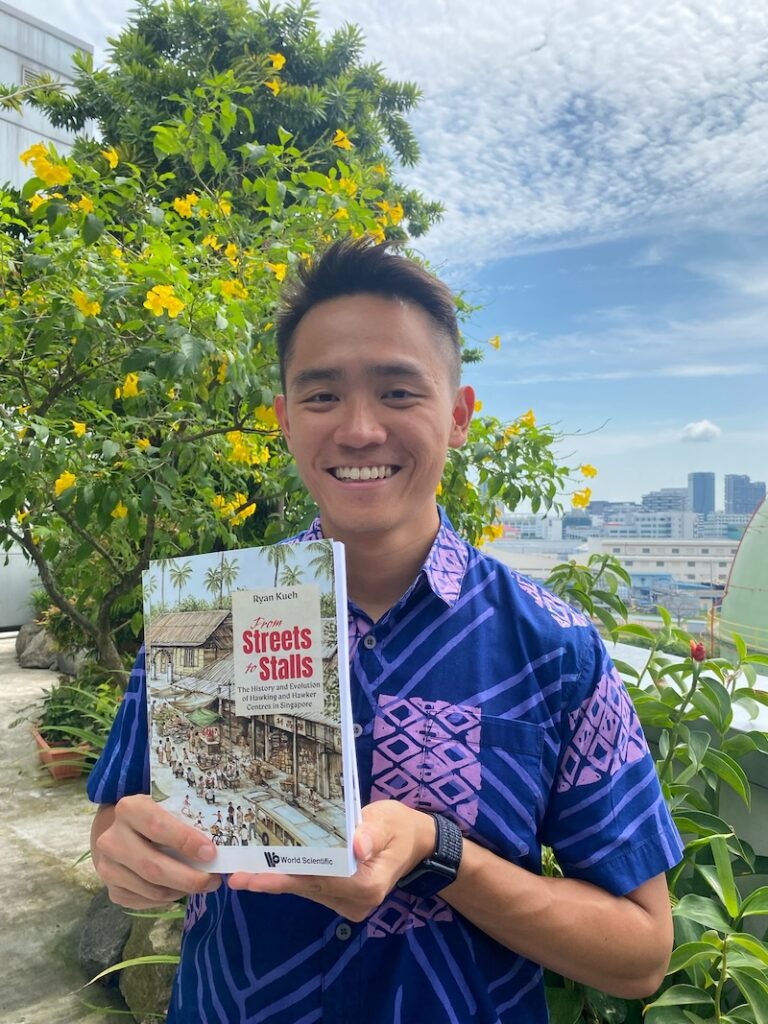
His time at Yale-NUS provided the essential backdrop for Ryan’s research and writing. “Yale-NUS was an important support structure that facilitated experimental and frontier inter-disciplinary training that informed this book. From sociology to political science, to history and economics, this project is a manifestation of all the academic training combined into one,” he said. Ryan recounted a moment where he had the opportunity to directly apply a skill honed during the classes he took at the College. “For example, when deep-diving into the phenomena of hawking in historical Singapore, I had to isolate the importance of a phenomenon by situating it alongside the wider history of an issue. This method was similar to those employed in Associate Professor of Humanities (History) Emanuel Mayer’s Rome in Antiquity class. One of the chapters in my book – which attempts to look at hawking in Singapore around the 14th century – was informed by the importance of de-colonialising a nation’s history, similar to the texts we read during our class on Modern Social Thought.”
Inspired by the stories she loved as a child and motivated by the gaps she saw in local literature, Natalie embarked on creating a science fiction adventure for young readers. Set in Singapore and featuring local characters, her debut graphic novel, Wen & Giri Save the World, was published by Singaporean publisher Epigram Books in July. Natalie’s time at Yale-NUS played a significant role in shaping her decision to pursue a career in writing and illustration. Initially aiming for a career in fine arts academia, she found herself drawn to the living, dynamic aspect of creating art for mainstream audiences. “In the course of my studies, I realised that a lot of museum curation felt like an autopsy on artwork. While I’m young and relatively unburdened, I want to participate in art where it is still alive,” she reflected.

Specific courses and experiences at Yale-NUS were instrumental in honing her skills. Natalie attended classes on graphic novels and social commentary led by former faculty at Yale-NUS College, Assistant Professor of Humanities (Art History) Meredith Morse and Assistant Professor of Humanities (Literature) Gretchen Head, which equipped her with the analytical skills to build her own stories. Natalie also credited the College’s former Associate Professor of Humanities (Art History) Maria Taroutina as well as Associate Professor of Humanities (Art History) Nozomi Naoi as being “masters at communicating the significance of artwork on the relationship between humankind and imagery,” and noted that they taught her to appreciate the relationship between art and society.
Natalie recalls the supportive community at Yale-NUS fondly. From designing the first-ever Yale-NUS graduation sash to painting commemorative portraits of former rectors of residential colleges, the College entrusted her with significant projects that boosted her confidence. “Yale-NUS provided me with the environment to learn exactly why cultural sensitivity is important. The school also exposed me to the wildly different life pathways that are available to us humans here on earth,” she noted.
Sharing advice for aspiring writers, Raeden believes that one should emphasise the importance of equanimity. “A writer’s life is not directed towards one discrete achievement, some single success, but an accretion of many phases, all these humiliations and joys. The task is to continue creating, in spite of the seismic contours of your wins and your losses.”
Similar to Raeden, Ryan shared: “One must have the confidence to think you have something sufficiently important to say, but also have the humility to accept the criticisms that come after.”
And for Natalie, as a creator, it is important to accept that there are many things beyond your control. Nevertheless, “the only thing you can control and think about, is to make sure you make the best art you can.”
Whether it is tracing the evolution of local hawker culture, bringing sci-fi adventures to life or crafting worlds from childhood fears, we hope that the journeys of our alumni, inspired by their time at Yale-NUS, will light the way for aspiring writers.

